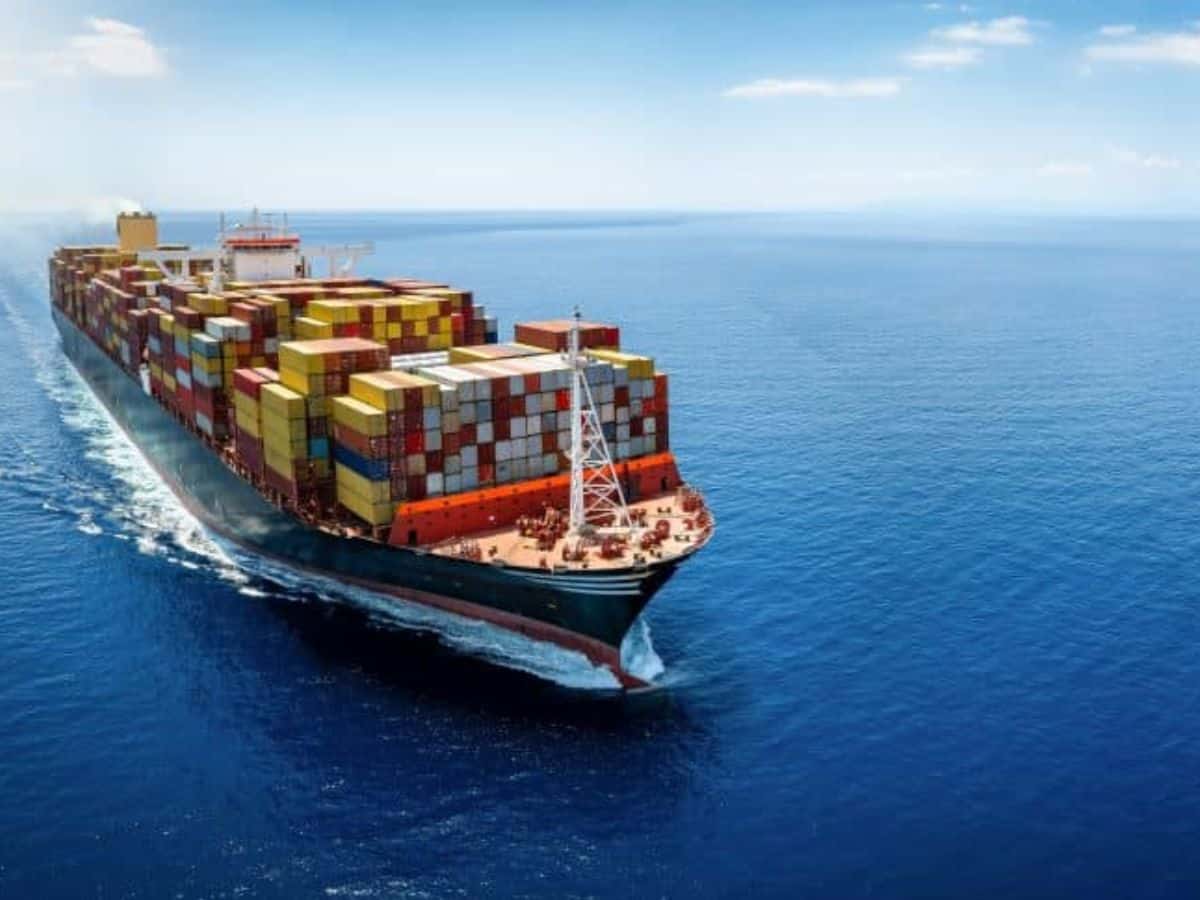
New Delhi: As the conflict in the Middle East escalates with Israel vowing to retaliate after the missile attacks by Iran, India Inc is bracing for a wider trade disruption across the key Red Sea route.
The conflict can lead to higher cargo freight rates as Lebanon’s Iran-backed Hezbollah militia has close ties with the Houthi rebels in Yemen — responsible for most attacks on ships travelling via the Red Sea route, say, industry experts, adding that a direct conflict between Israel and Iran may severely disrupt the crucial trade route for the Indian exporters.
The Red Sea crisis started in October last year, with Iran-backed Houthi rebels disrupting trade in the area.
This has affected India’s petroleum exports which dropped 37.56 percent to 5.96 billion in August this year, down from $9.54 billion in the same month last year.
As per a recent Crisil Ratings report, Indian companies use the Red Sea route through the Suez Canal to trade with Europe, North America, north Africa, and part of the Middle East.
The report mentioned that these regions accounted for 50 percent of India’s exports worth Rs 18 lakh crore and 30 percent of imports worth Rs 17 lakh crore in FY23. The country’s overall merchandise trade (exports and imports combined) in FY23 was Rs 94 lakh crore, with 68 percent (in value terms) and 95 percent (in volume terms) shipped by sea.
The attacks on ships sailing in the Red Sea area since November last year have forced companies to look for alternative, longer routes past the Cape of Good Hope.
The Crisil report further said that this has not only stretched delivery time by 15-20 days but also increased the transit cost substantially because of incremental freight rates and insurance premiums. Industry experts say that India’s trade with the Middle East remains healthy due to friendly regional players such as Saudi Arabia, the UAE, Kuwait, and Qatar. The bilateral trade between India and the Gulf Cooperation Council (GCC) countries reached 162 billion last year.
As per the latest government data, the GCC now contributes 15 percent of India’s total trade, and sectors like energy, defense, security, and health are growing in the region.
Moreover, according to the latest International Monetary Fund (IMF) data, the trade via the Egyptian Suez Canal nosedived by 50 percent (year-over-year) in the first two months of the year. In FY24, the Suez Canal’s annual revenue dropped by about 23.4 percent due to the Red Sea crisis. According to Osama Rabie, chairman of the Suez Canal Authority (SCA), “revenues fell to 7.2 billion in the fiscal year 2023/2024 that ended in June from 9.4 billion a year earlier”.
According to experts, the rising tensions in the Red Sea area are not only affecting the Suez Canal but also the maritime transportation market, trade movement, and international supply chains.
On Wednesday, India issued a travel advisory for its citizens, advising them to avoid all non-essential travel to Iran due to the escalating tension in the region.
